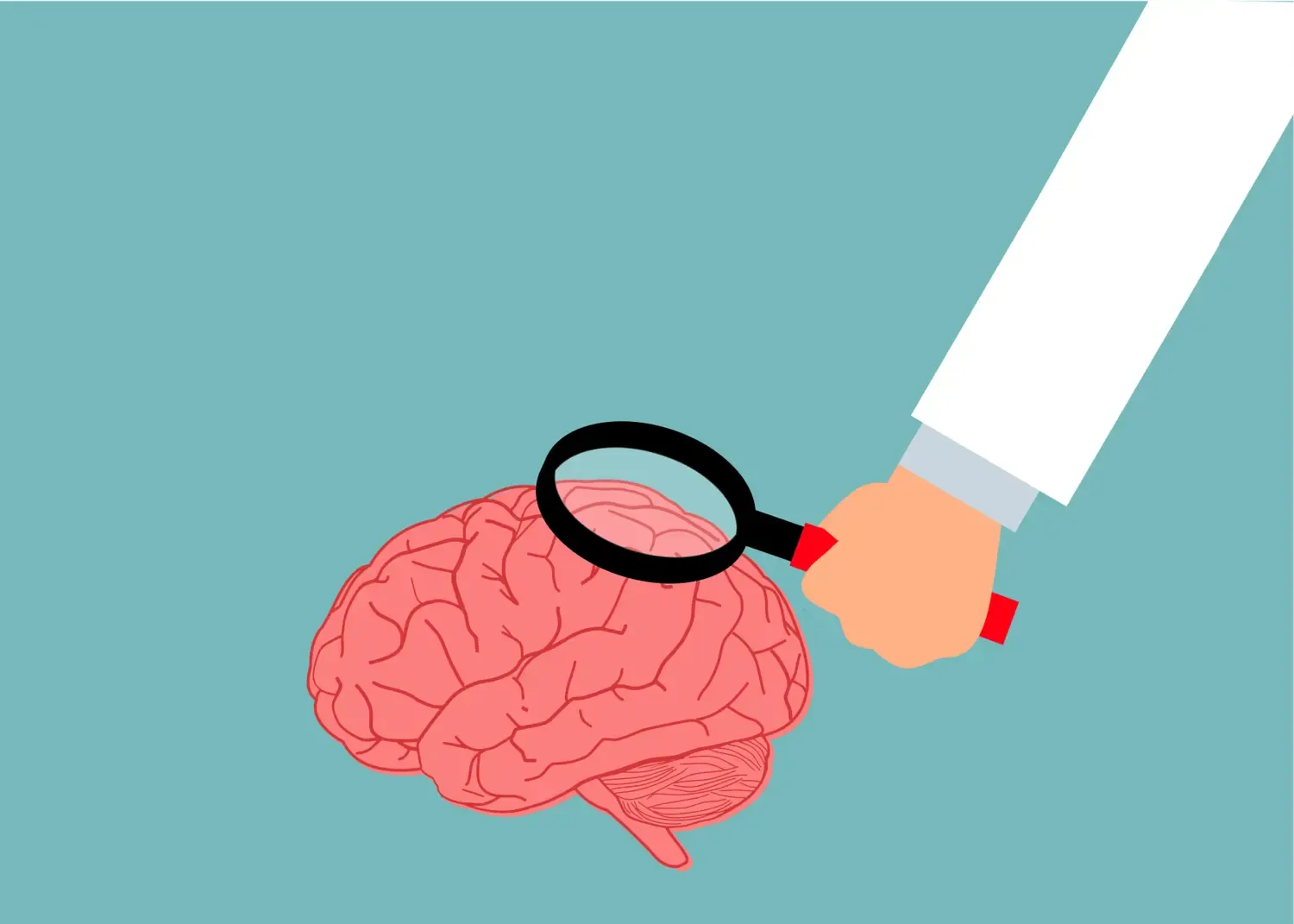Important discovery: Glioblastoma also affects the skull

Researchers from Karolinska Institutet and Albert Einstein College of Medicine have shown that glioblastoma, the most aggressive form of brain cancer, not only affects the brain but also erodes the skull and alters the immune system in the bone marrow. The findings are published in Nature Neuroscience.

“Our discovery that this hard-to-treat brain tumor interacts with the body’s immune system may help explain why current therapies fail, and hopefully lead to better treatment strategies,” says Jinan Behnan, researcher at Albert Einstein College of Medicine and former postdoctoral fellow at the Department of Medical Biochemistry and Biophysics, Karolinska Institutet.
The study shows that the tumor causes skull erosion and opens channels between the brain and the bone marrow, leading to an increase in inflammatory cells that make the tumor more aggressive. Furthermore, drugs used to treat osteoporosis were found to worsen tumor progression and counteract the effects of immunotherapy.

“Glioblastoma’s impact on the skull and its marrow is a breakthrough that opens up new therapeutic possibilities,” says Robert Harris, co-author and professor of immunology at the Department of Clinical Neuroscience, Karolinska Institutet.
Publication
"Brain tumors induce widespread disruption of calvarial bone and alteration of skull marrow immune landscape," Abhishek Dubey, Erika Yamashita, Biljana Stangeland, Imane Abbas, David Fooksman, Robert A. Harris, Gregory M. Palmer, Wade R. Koba, Jinghang Zhang, Benjamin T. Himes, Olivia R. Lu, Winson S. Ho, Raoul V. Kuiper, Derek Huffman, Zhiping Wu, Yutaka Uchida, Masaru Ishii, Rachel L. Welch, Alexander F. Fiedler, David Reynolds, S. A. Mohieb Hosainey, Kostantin Dobrenis, Qinge Ye, Kevin Fisher, Jinan Behnan. Nature Neuroscience, online 3 October 2025, doi: 10.1038/s41593-025-02064-4.
